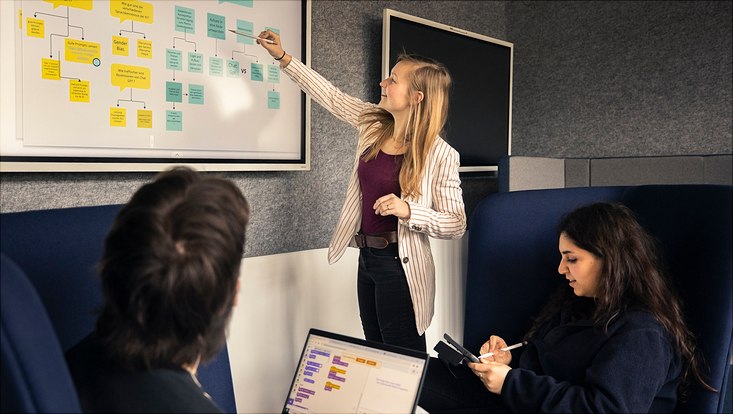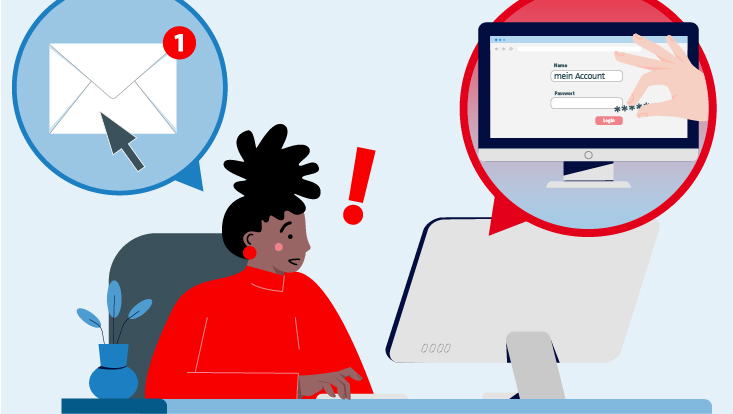Cultural Shift at the University: Small Projects, Great Impact
6 January 2025, by Anna Priebe

Photo: University of Hamburg/Esfandiari
Many University staff members are currently trying out new ways of working together, digitally and on-site.
How can we work together better and more positively and effectively communicate? From new formats to momentary adjustments—there are a host of ideas for greater scientific exchange and working together successfully. This series present inspiring initiatives.

